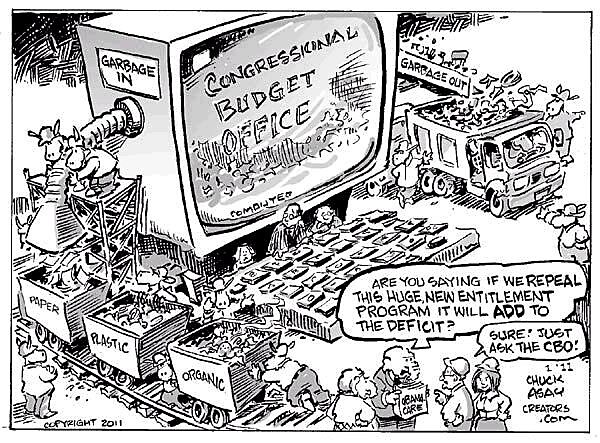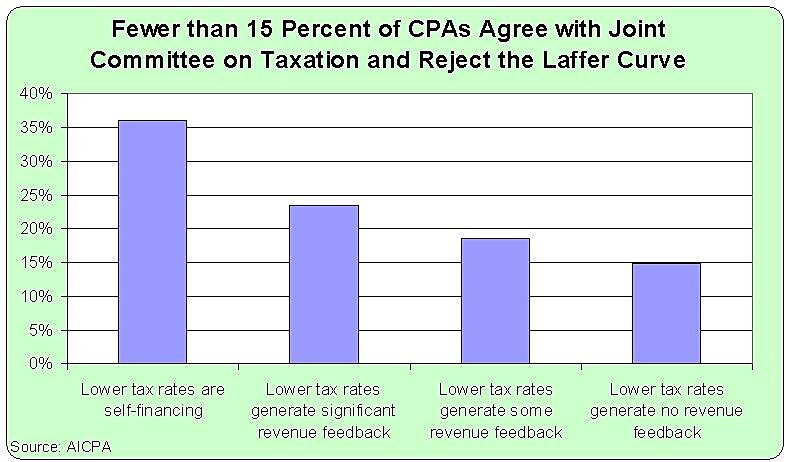A new working paper from the National Bureau of Economic Research finds that significant minimum wage increases can hurt the very people they are intended to help. Authors Jeffrey Clemens and Michael Wither find that significant minimum wage increases can negatively affect employment, average income, and the economic mobility of low-skilled workers. The authors find that significant “minimum wage increases reduced the employment, average income, and income growth of low-skilled workers over short and medium-run time horizons.” Most troublingly, these low-skilled workers saw “significant declines in economic mobility,” as these workers were 5 percentage points less likely to reach lower middle-class earnings in the medium-term. The authors provide a possible explanation: the minimum wage increases reduced these workers’ “short-run access to opportunities for accumulating experience and developing skills.” Many of the people affected by minimum wage increases are on one of the first rungs of the economic ladder, low on marketable skills and experience. Working in these entry level jobs will eventually allow them to move up the economic ladder. By making it harder for these low-skilled workers to get on the first rung of the ladder, minimum wage increases could actually lower their chances of reaching the middle class.
Most of the debate over a minimum wage increase centers on the effects of an increase on aggregate employment, or the total number of jobs and hours worked that would be lost. A consensus remains elusive, but the Congressional Budget Office recently weighed in, estimating that a three year phase in of a $10.10 federal minimum wage option would reduce total employment by about 500,000 workers by the time it was fully implemented. Taken with the findings of the Clemens and Wither study, not only can minimum wage increases have negative effects for the economy as a whole, they can also harm the economic prospects of low-skilled workers at the individual level.
Four states approved minimum wage increases through ballot initiatives in the recent midterm, and the Obama administration has proposed a significant increase at the federal level. This study should give them a reason to reconsider.


